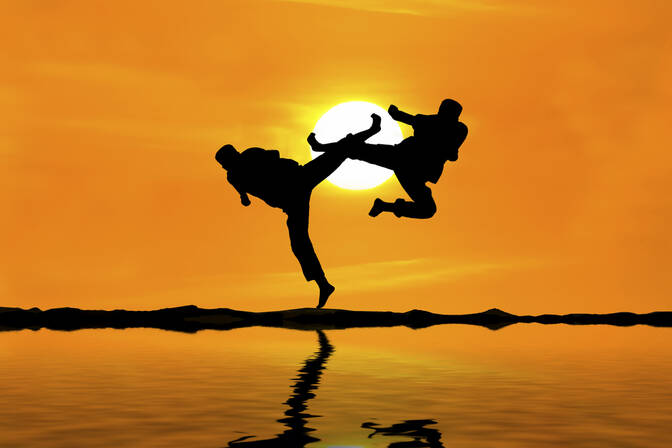Capoeira Day
August 3, Sunday

History of Capoeira
Capoeira originated among African slaves in Brazil during the 16th century. It was developed as a form of self-defense disguised as dance to avoid punishment from slave masters. Over time, it evolved into a rich cultural practice that includes music, singing, and ritual.
Why August 3rd?
August 3rd was chosen to commemorate the birth of Mestre Bimba (Manoel dos Reis Machado), one of the most influential figures in the history of capoeira. Mestre Bimba is credited with formalizing capoeira and helping it gain recognition as a legitimate martial art and cultural tradition.
How is Capoeira Day Celebrated?
Capoeira Day is celebrated across Brazil with various events and activities, including:
- Public capoeira rodas (circles) where practitioners perform and play instruments
- Workshops and demonstrations for the public
- Cultural festivals featuring Afro-Brazilian music and dance
- Educational programs in schools and community centers
Capoeira as Cultural Heritage
In 2008, capoeira was officially recognized as an intangible cultural heritage of Brazil. Later, in 2014, UNESCO added capoeira to its list of Intangible Cultural Heritage of Humanity, further highlighting its global cultural importance.
Conclusion
Capoeira Day is more than just a celebration of a martial art—it’s a tribute to the resilience, creativity, and cultural contributions of Afro-Brazilian communities. It serves as a reminder of Brazil’s diverse heritage and the power of cultural expression.
